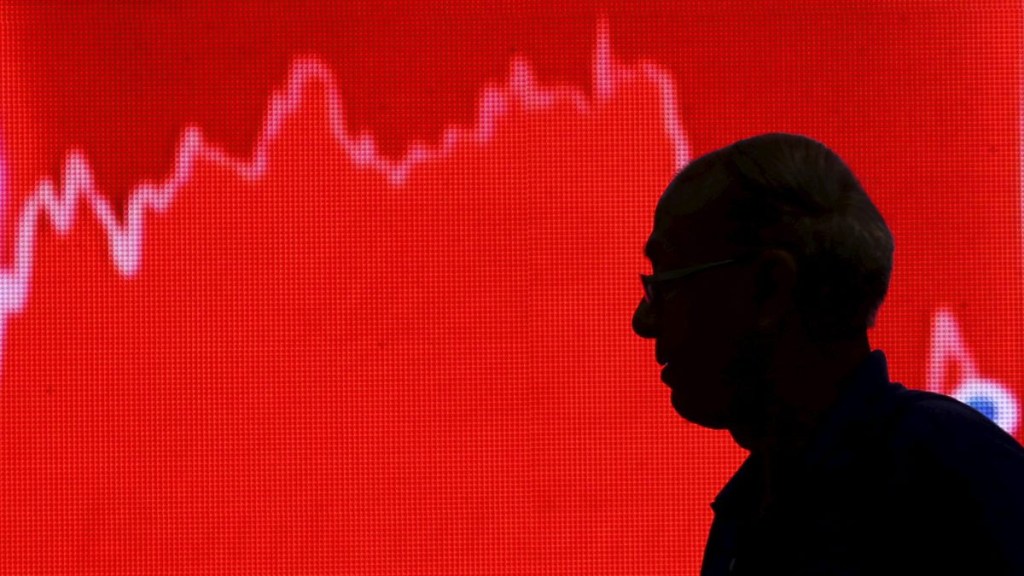Foreign institutional investors (FII) offloaded shares worth net Rs 4,236.60 crore, while domestic institutional investors (DII) added shares worth net Rs 3,569.36 crore on October 25, 2023, according to the provisional data available on the NSE.
For the month till October 25, 2023, FIIs sold shares worth net Rs 17,396.07 crore while DIIs bought shares worth net Rs 16,565 crore. In the month of September, FIIs offloaded shares worth net Rs 26,692.16 crore while DIIs added equities worth a net Rs 20,312.65 crore.
“There is risk-off in global equity markets triggered by a combination of economics and geopolitics. The Israel-Hamas conflict continues to be a major headwind for markets. If the conflict lingers for long it has the potential to impact global growth,too, when the global economy is already in the midst of a slowdown. In the near-term, however, the strongest headwind for the market is the stubbornly high US bond yields. With the 10-year bond yield at near 5% FPIs are likely to be in the sell mode. Sectors like banking and IT which constitute the largest segments of the AUM of FPIs are likely to be under pressure. This will provide opportunities for long-term investors to buy quality stocks, particularly in banking, at attractive rates,” said V K Vijayakumar, Chief Investment Strategist at Geojit Financial Services.
On Wednesday, the NSE Nifty 50 tanked 159.60 points or 0.83% to settle at 19,122.15, while the BSE Sensex shed as much as 522.82 points or 0.81% to 64,049.06.
Foreign institutional investors (FII) or Foreign portfolio investors (FPI) are those who invest in the financial assets of a country while not being part of it. On the other hand, domestic institutional investors (DII), as the name suggests, invest in the country they’re living in. Political and economic trends impact the investment decisions of both FIIs and DIIs. Additionally, both types of investors – foreign institutional investors (FIIs) and domestic institutional investors (DIIs) – can impact the economy’s net investment flows.

